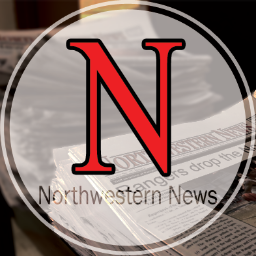by Kevin Ford, Assistant Editor
Partly cloudy skies should bring easy temperatures into Alva next Monday as Labor Day sets to extend the weekend one extra day.
Workers and students get to take a day to relax, regroup, spend time with family and reflect on their daily progress.
“I think Labor Day is a great time to reflect,” Dr. Dennis Angle, director of student support services, said.
Things will be a bit different this year because of the coronavirus pandemic, no doubt. Angle used to host sleepovers for his grandchildren, but they mainly have been homebodies since March, he said.
“I think people will still be out and about on Labor Day,” Angle said. “It is good to get outside and enjoy some fresh air.”
Labor Day is celebrated to pay tribute to the achievements and contributions of American workers.
Things were certainly different before the beginning of the 20th century as the Industrial Revolution demanded the attention and work of almost every single citizen.
The typical work day would stretch from 12-18 hours in one day. Another important thing to remember is that workers did not get the weekends off. Saturdays and Sundays were workdays as well.
Children as young as five years old were working adult hours for just a fraction of what the adults were making. Other workers experienced unsafe working conditions, poor sanitation and hazardous work environments.
Dangerous contamination and suffering from insufficient access to clean air was a high probability.
As a result of manufacturing increases, labor unions grew more prominent and vocal. Labor Unions first formed in the early 19th century, but caught on more towards the end of that century.
The unions began to organize strikes and rallies to have a say about the poor conditions. They also pushed for individual workers to renegotiate their pay and hours.
The popular Pullman Strike spread across the entire nation as the unions and workers boycotted railroads in the Midwest. The boycott caused railroad traffic and countless delays of shipped cattle and services.
The federal government responded with a bill that would grant a national holiday, termed “Labor Day,” to break the strike. Labor unions showed how strength in numbers worked to fight for reform in the workplace.

